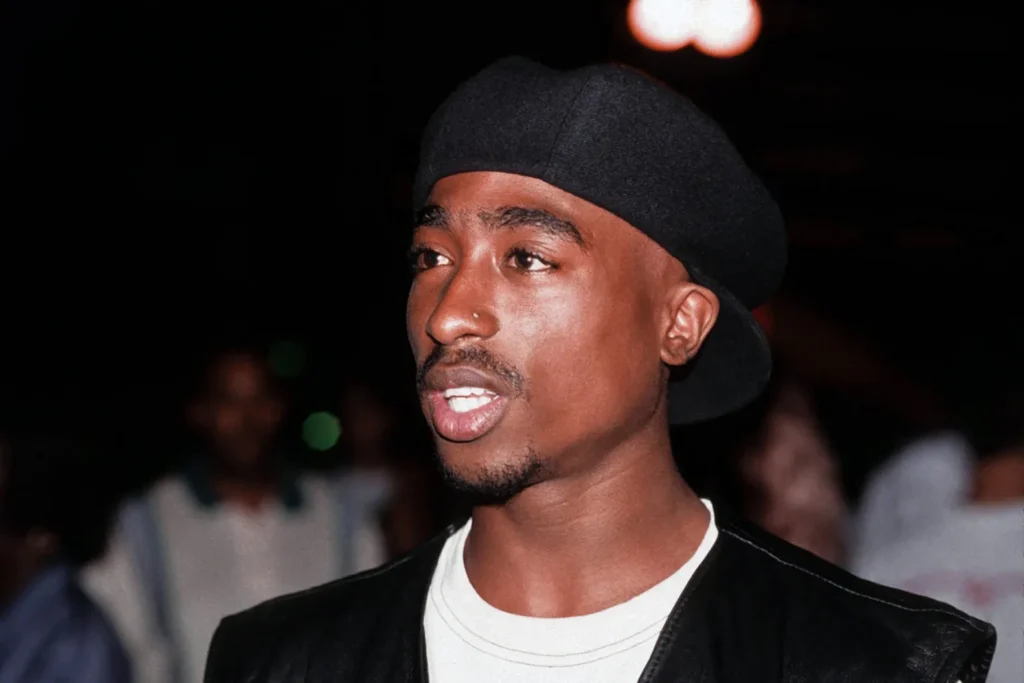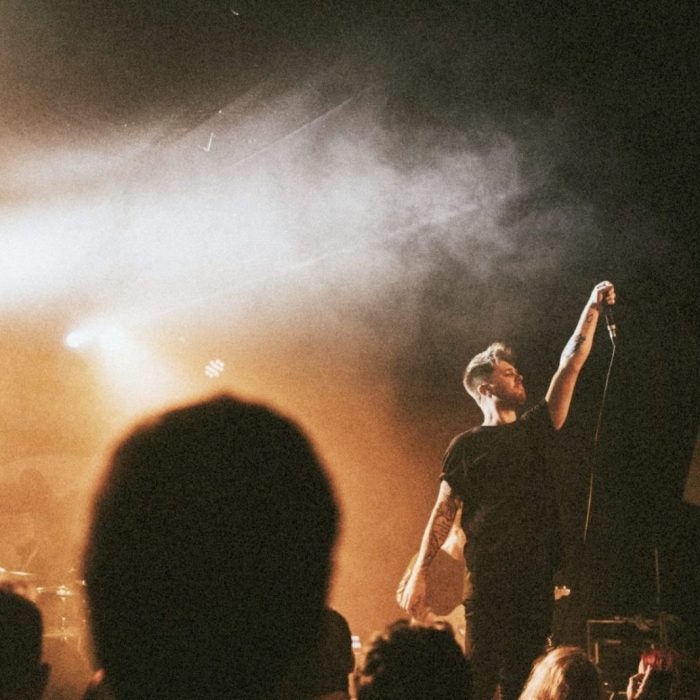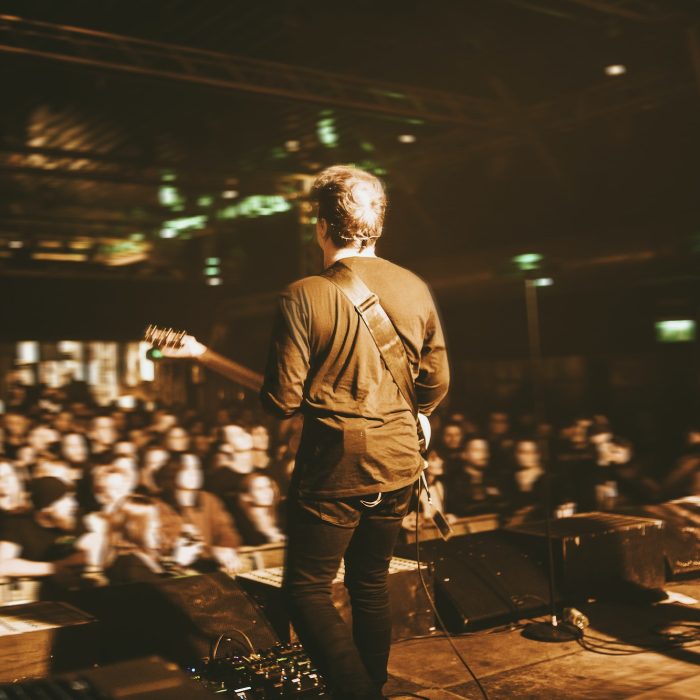Duane “Keffe D” Davis, charged in connection with the 1996 murder of hip-hop icon Tupac Shakur, has filed a motion to dismiss his first-degree murder charge ahead of his trial. Davis and his lawyer argue that the decades-long delay in filing the case has irreparably harmed his chances of receiving a fair trial. Key witnesses, including Orlando “Baby Lane” Anderson—the alleged shooter—have died, and others, such as Suge Knight and Sean “Diddy” Combs, are either unavailable or incarcerated. Davis also claims his constitutional rights were violated, citing alleged immunity agreements he believed protected him during previous interviews with investigators.
Tupac Shakur Murder Case Faces New Legal Challenge
Davis has pleaded not guilty and maintains that the prosecution lacks corroborating evidence to support their case. His lawyer, Carl Arnold, highlighted that the state’s reliance on Davis’ “coerced confession” and statements made in media interviews and a memoir are unreliable. Prosecutors, however, assert that Davis has repeatedly confessed to his role in Tupac’s murder. They argue that his public admissions, including those in his 2019 memoir, are admissible and contradict any claims of immunity. Meanwhile, Davis continues to deny being in Las Vegas on the night of the shooting, further complicating the prosecution’s case.
A Web of Allegations
In his memoir and interviews, Davis claimed that Sean “Diddy” Combs offered him $1 million to kill Shakur and Suge Knight during a period of intense rivalry between Death Row and Bad Boy Records. Davis alleged that Eric “Zip” Martin provided the murder weapon, which was then handed to Anderson. He reportedly opened fire on Shakur’s vehicle. While these statements form the basis of the prosecution’s case, they remain uncorroborated by other evidence. Arnold argues that without independent proof of Davis’ claims, including the origin of the weapon or the identities of those involved, the indictment lacks a solid foundation.
Challenges for the Prosecution
The decades-old case faces significant hurdles. The murder weapon was never recovered, and critical witnesses are no longer alive to testify. Anderson denied involvement in Shakur’s death before his own murder in 1998. Arnold emphasized that without concrete evidence tying Davis or the South Side Crips to the shooting. The case heavily relies on Davis’ statements. He argues that these were made for entertainment purposes rather than as truthful accounts. With a hearing scheduled for January 21, the court must now determine whether the prosecution’s case can proceed. Or if Davis’ arguments warrant dismissal.
As the legal battle unfolds, the case continues to captivate public interest. The case revives questions about the unresolved murder of one of hip-hop’s most legendary figures.





